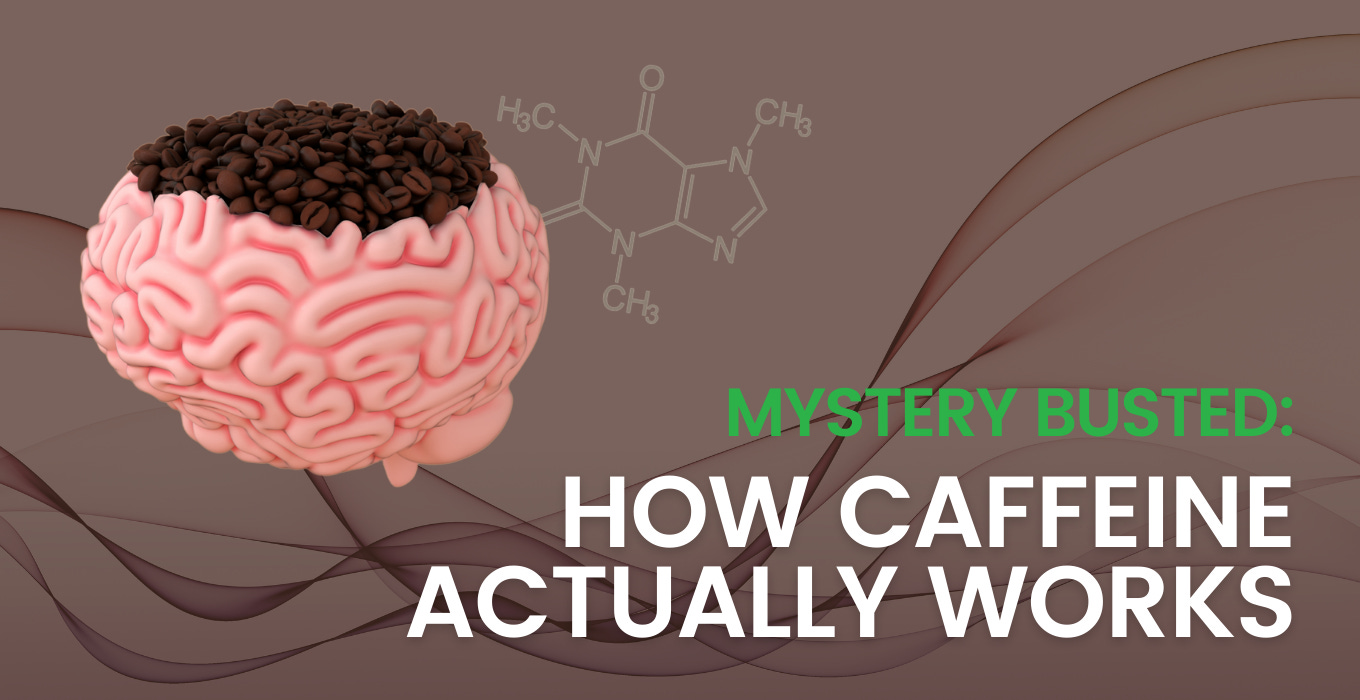Caffeine on the Brain
Written by Crystal Ruizmun
Coffee is a crucial part of almost everyone’s everyday life, with 65% of Americans drinking coffee every day in 2023[2]. With this knowledge, we can assume that the percentage of Americans who drink coffee every day is increasing every year, reaching a global audience as well. But the question remains, how healthy is coffee? What does it do to our brain? These questions aren’t thought of by the average person because we just think of it as an integral of our everyday life.
According to the Washington Post, two billion cups of coffee are consumed per day worldwide. Caffeine is generalized to be a stimulant for the central nervous system, acting as a psychostimulant. The effects of caffeine consumption on cognitive function have been studied extensively in both humans and animals, specifically mice[3]. Because millions of people consume caffeine, studying its cognitive effects is crucial.
A study was conducted and found that caffeine affects many aspects of our cognition including mood, attention, memory, and processing speed. It has been shown that processing speed is enhanced, especially in adults and the elderly. While there may be positive effects of caffeine, there are also negative effects that include an increase in anxiety.
While this study does provide useful information on how caffeine affects the brain, further research is needed to investigate the relationship between caffeine consumption and its effects on different cognition.
I leave this question for all, do you drink coffee, and if so, what changes to your brain have you experienced?
References
[1] Alasmari F. (2020). Caffeine induces neurobehavioral effects through modulating neurotransmitters. Saudi pharmaceutical journal : SPJ : the official publication of the Saudi Pharmaceutical Society, 28(4), 445–451. https://doi.org/10.1016/j.jsps.2020.02.005
[2] Coffee Statistics From Our Surveys And Research (craftcoffeespot.com)
[3] Fiani, B., Zhu, L., Musch, B. L., Briceno, S., Andel, R., Sadeq, N., & Ansari, A. Z. (2021). The Neurophysiology of Caffeine as a Central Nervous System Stimulant and the Resultant Effects on Cognitive Function. Cureus, 13(5), e15032. https://doi.org/10.7759/cureus.15032
[4]https://www.washingtonpost.com/news/wonk/wp/2015/06/17/19-maps-and-charts-that-explai n-pretty-much-everything-about-coffee/
Written by Crystal Ruizmun from MEDILOQUY


